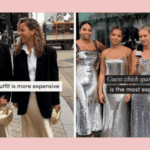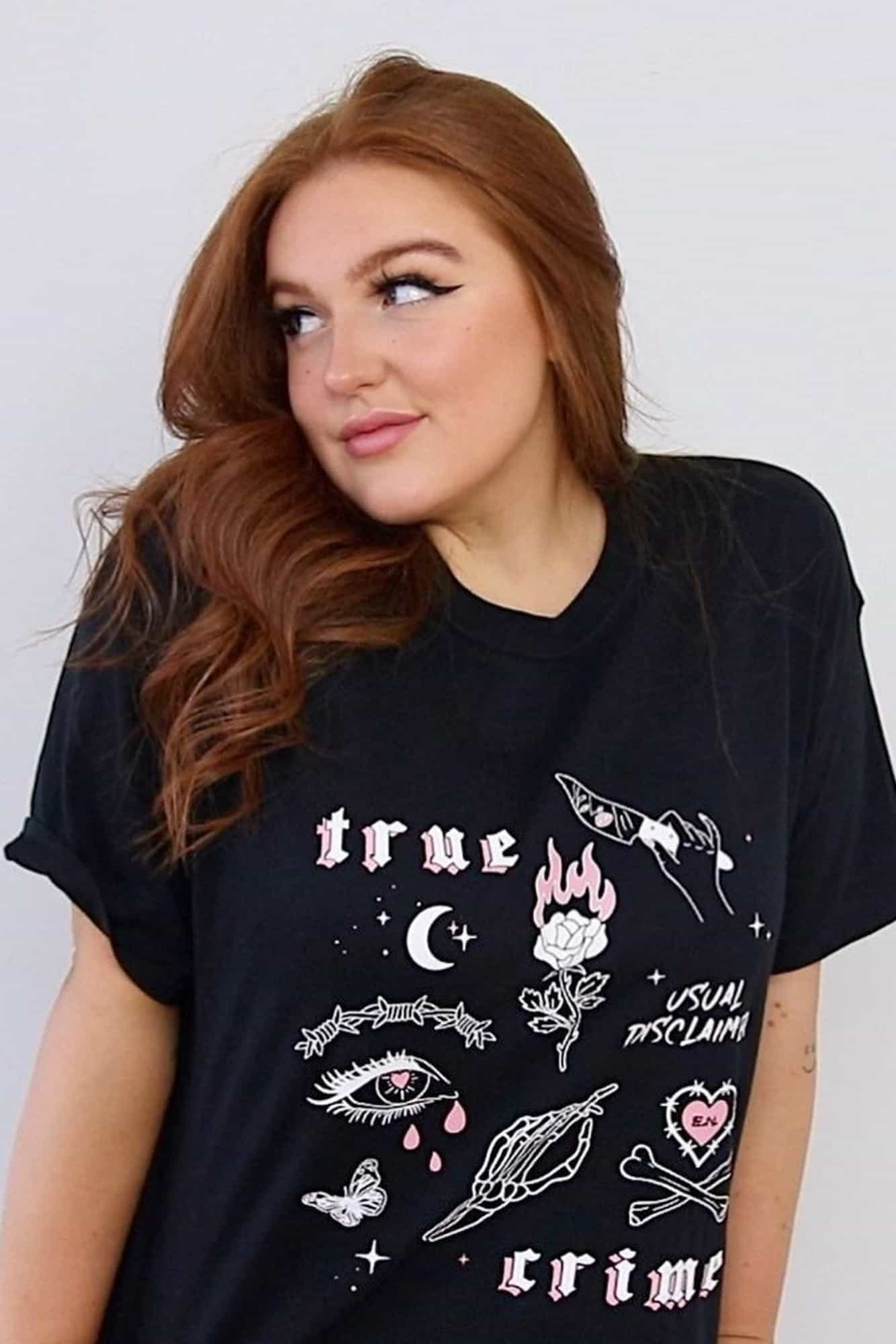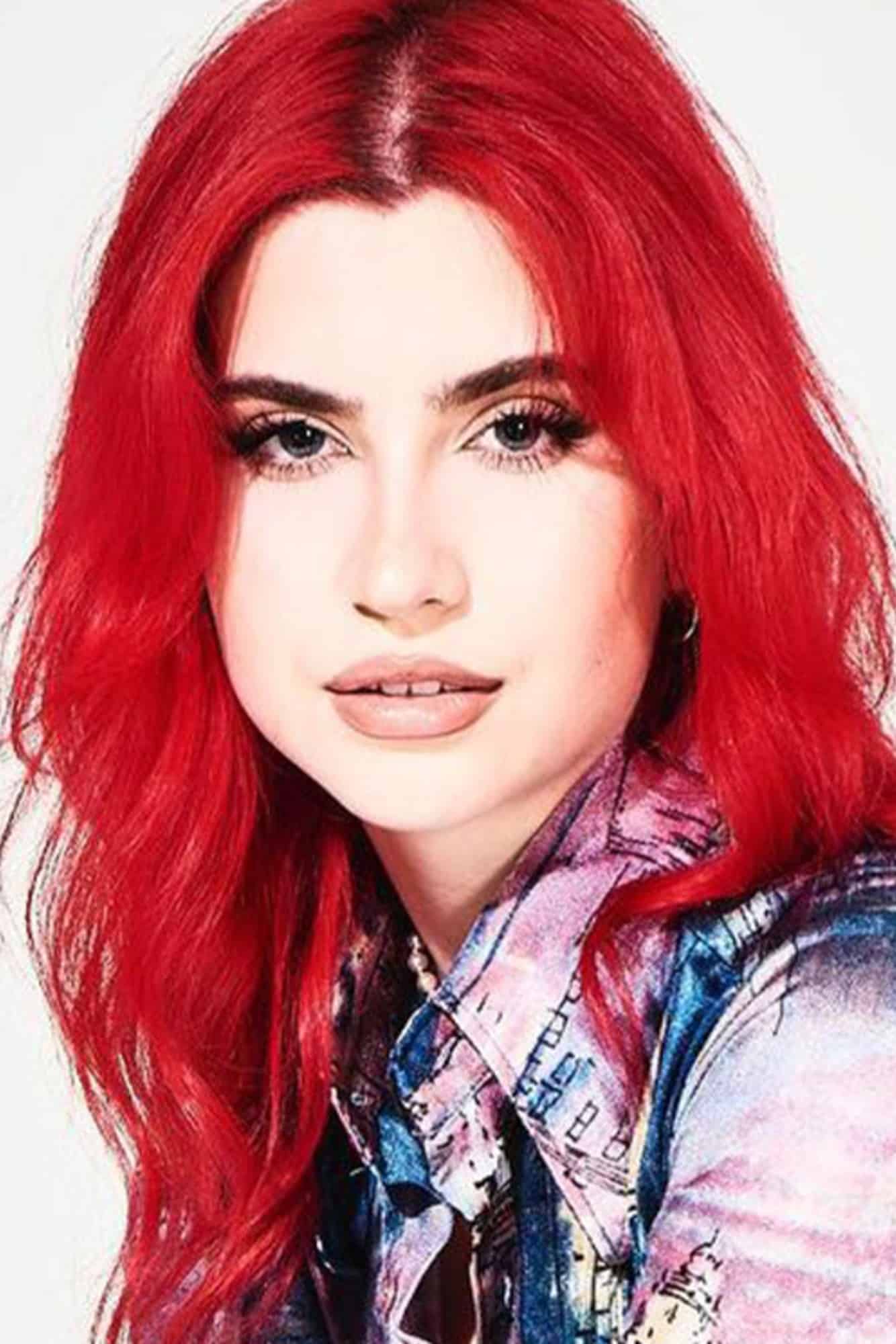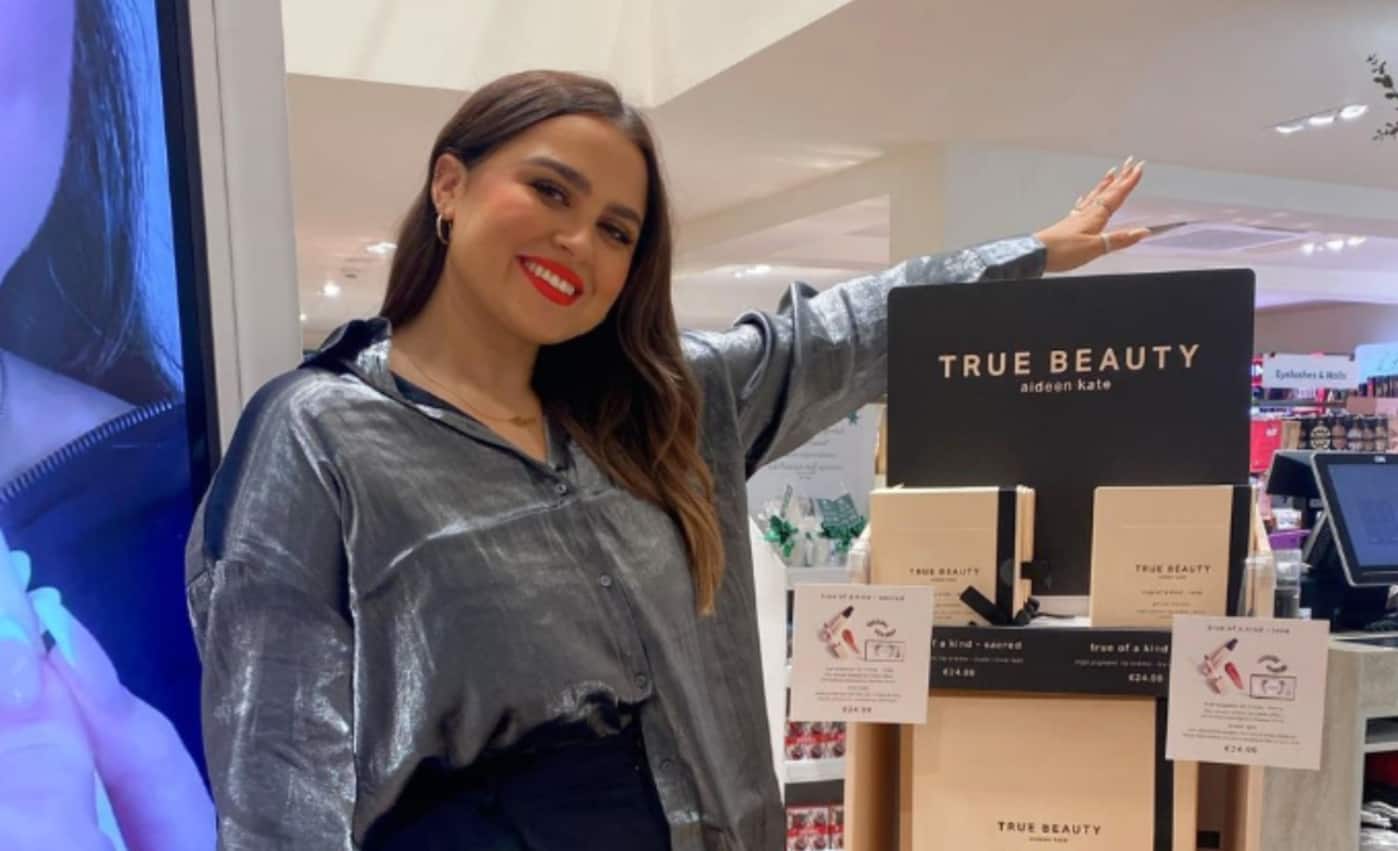e.l.f. Beauty’s Cosmetic Criminals mockumentary about a family involved in “makeup theft” perfectly taps into Gen Z’s love of true crime and engaging in long-form content.
The 15-minute short film was released on Amazon Freevee and YouTube on 9 January and has racked up millions of views.
It follows a teenage girl who falls victim to “e.l.f.-pinching” – a phrase inspired by the brand’s online community describing unauthorised borrowing by friends and family members – which leads to an investigation examining several suspects.
The parody film stars actor and comedian Niecy Nash Betts, Veep actor Nelson Franklin and Broadway actor and NCIS star Necar Zadegan, and was directed by Oscar-nominated Russian Doll director Alex Buono.
A short cut of Cosmetic Criminals made its theatrical debut ahead of Paramount Pictures’ new Mean Girls movie at select AMC theatres in the US and is said to be the “longest branded content ever to run on the big screen”. A TV advert also appeared during the run of the highly-anticipated series of ITV’s Love Island: All Stars and the film has had more than 5.9M views on the brand’s YouTube channel, which is its most viewed video ever.
e.l.f. Beauty knows how to gain Gen Z’s attention
Charlotte Tilbury is another brand that has tapped into Gen Z’s love of makeup and true crime. Its latest PR stunt sparked a viral “investigation” on TikTok after influencers received partially empty PR boxes. The brand’s compelling storytelling boosted engagement and beauty fans were eager to get to the bottom of the mystery.
e.l.f. and Charlotte Tilbury’s recent success comes as no surprise given Gen Z’s love for true crime. According to a 2023 report by marketing company The Media Angel, this demographic is diving deeper into the true crime and science podcast genres.
The true crime-obsessed demographic are even using their investigative skills to buy beauty on a budget, which has given rise to a wave of dupe detectives. Creators such as Chisom Aimee, Romy Morris and Chloë Dhaliwal have embraced dupe culture and are helping Gen Z get more for their money and outsmart overpriced formulas.
You may also like
Similarly – although admittedly not Gen Z – podcaster Annie Mac recently examined the ingredients list in Nivea’s soft moisturising cream and compared it to Crème de la Mer Cream, a more expensive product, to see if the price difference was justified. Her video has more than 417,000 views.
Given this growing trend, it makes sense that US-based creator Reesa Teesa’s recent 50-part video series called Who TF Did I Marry? went viral on TikTok. The series outlines the turbulent timeline of her meeting, marrying and divorcing a man, who remains anonymous. With each episode garnering more than one million views, TikTokers are clamouring for more details and are on a mission to identify Teesa’s husband and get the full story.
Historically, short-form content has resonated more with Gen Z – the demographic is infamous for having a limited attention span, which has been fuelled by snappy TikTok videos – but the success of e.l.f.’s parody, Charlotte Tilbury’s ongoing investigation and Teesa’s video series suggest TikTok’s pivot to long-form content is paying off.
The key to online success? Compelling and personal storytelling dominate online conversation and TikTok loves a mystery to dissect. The true crime parody genre offers a disruptive innovation opportunity for beauty brands to create engaging and entertaining content that resonates with their target audience and gains that all-important attention online.
By Abby Oldroyd, CORQ news and features writer. Picture credit: e.l.f. Beauty










Beauty & true crime is a genius genre mash-up by savvy makeup influencers